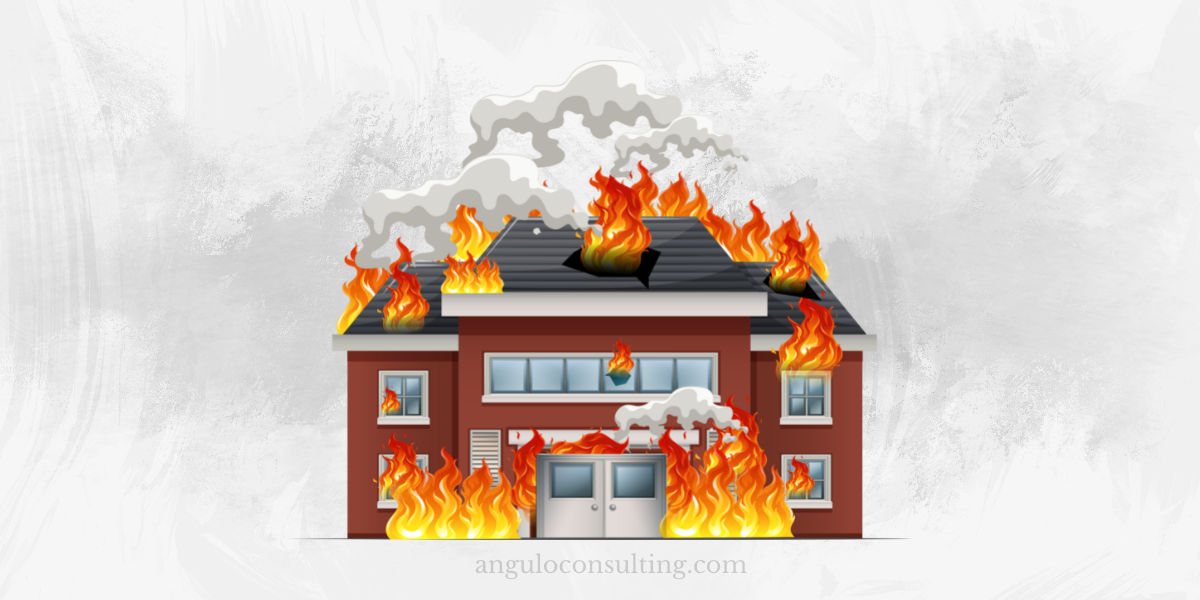
A fire in your home can be a terrifying and devastating experience. You can make costly mistakes from the trauma of such an incident. After the fire has been extinguished, it is essential to establish a safety zone and ensure that there is no danger to your home before you allow anyone to enter. The fire itself can cause significant damage, but there are secondary effects, such as smoke and chemicals used by firefighters to extinguish the flames.
Insurance
After you have recovered from the shock and found out that nobody was actually hurt by the fire, it is time to get back on your feet and call your insurance company immediately. If you have insurance, it is likely that you have access to a 24-hour helpline. Ask your agent for recommendations on at least three fire restoration companies. Choose one to secure your property, remove any chemicals or smoke damage, dry the contents, and remove any smoke residue.
Surprisingly, not many people know the details of their insurance policies. Talk to an insurance representative and learn what is covered and what isn’t. All of this information should be written as soon as possible.
Financial Institution
For more information, contact the financial institution responsible for your mortgage. Your home’s value is immediately affected by the fire. It could have a lower value if it has been fully restored. This could affect your mortgage, so contact your mortgage provider immediately.
Contractor
It is crucial to quickly find a commercial cleaner for the initial cleaning. You would love to be able to shop around and make your decision quickly. However, time is critical as you must secure your property and do the initial cleaning and drying as soon as possible. This is particularly important considering that mold growth can be prevented by reducing the humidity on the materials within 48 hours.
If you want, you can change contractors to complete the entire restoration work. Choose only contractors with an Institute of Inspection, Cleaning and Restoration Certification or an equivalent award. There are strict safety standards for fire restoration that are continually updated. Poorly restored houses can pose a risk to the health and safety of their occupants.
Protection
A house that has been burned may not be safe to live in. The fire department will inspect your home and refuse to allow you to live in it. Learn more about access conditions. Your home is likely to be damp and moldy after a fire. Wear a hard hat, safety boots and goggles if you’re entering your home after a fire. Never go into the house alone. Always bring at least one additional person, preferably someone who is a professional in the area of fire-damaged houses.
Fires can cause severe damage to your home. Please be thankful that no one is hurt. Safety is paramount, and you should make it your top priority to get the house ready for occupancy. You should also check with your insurance company to confirm that they will pay for the restoration.